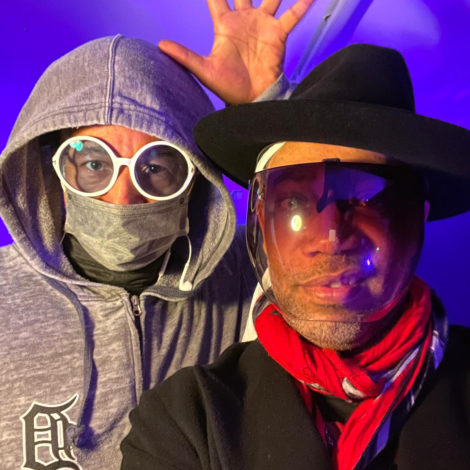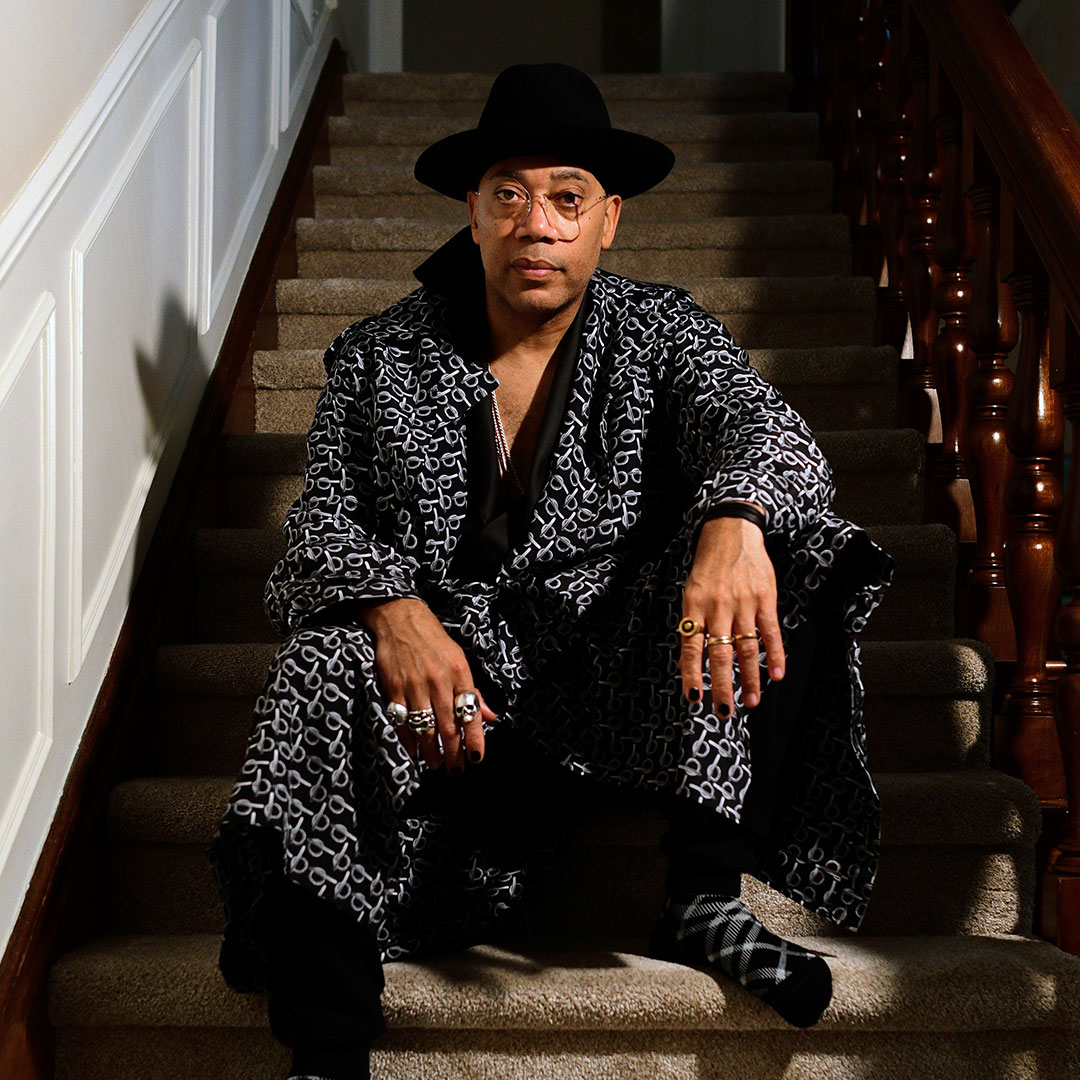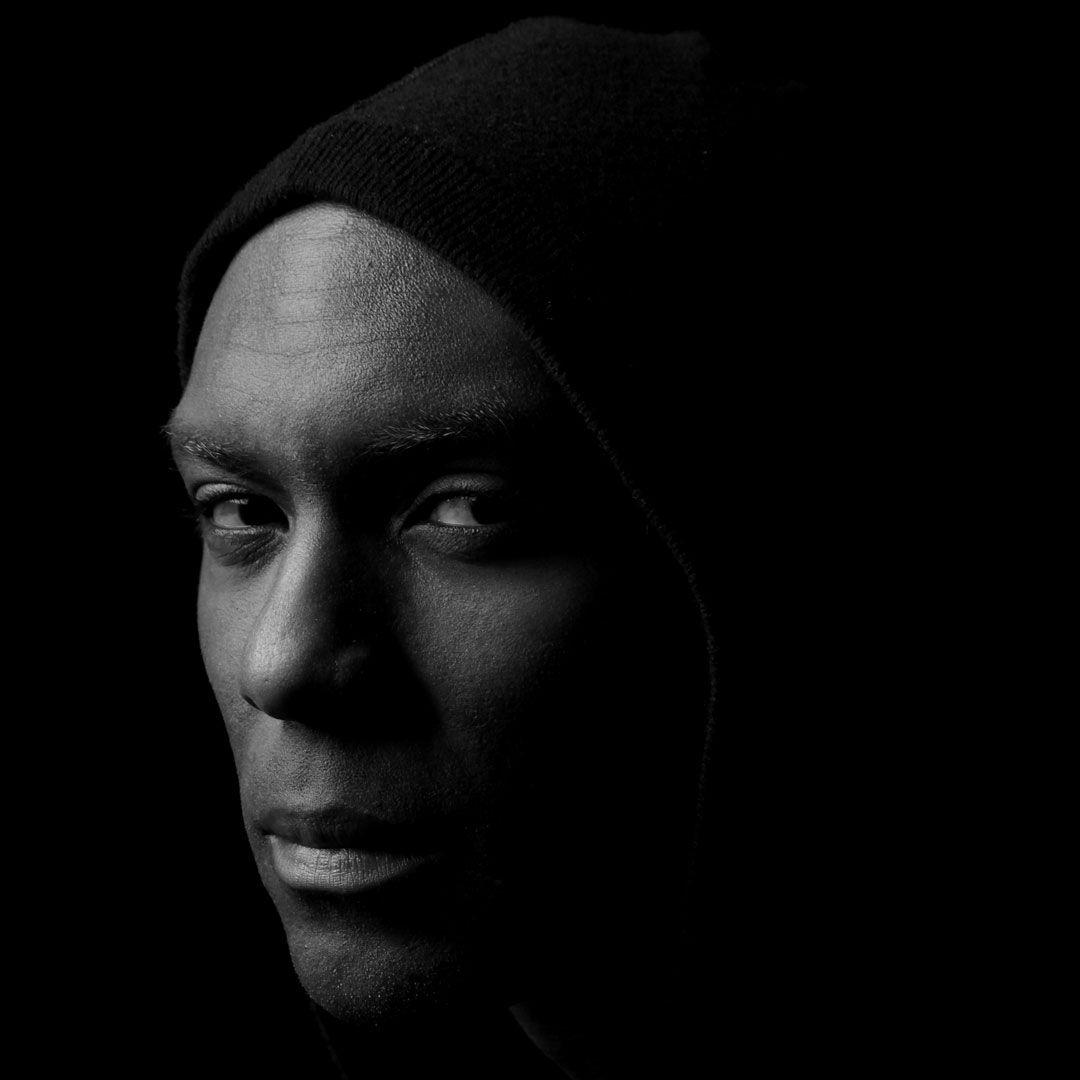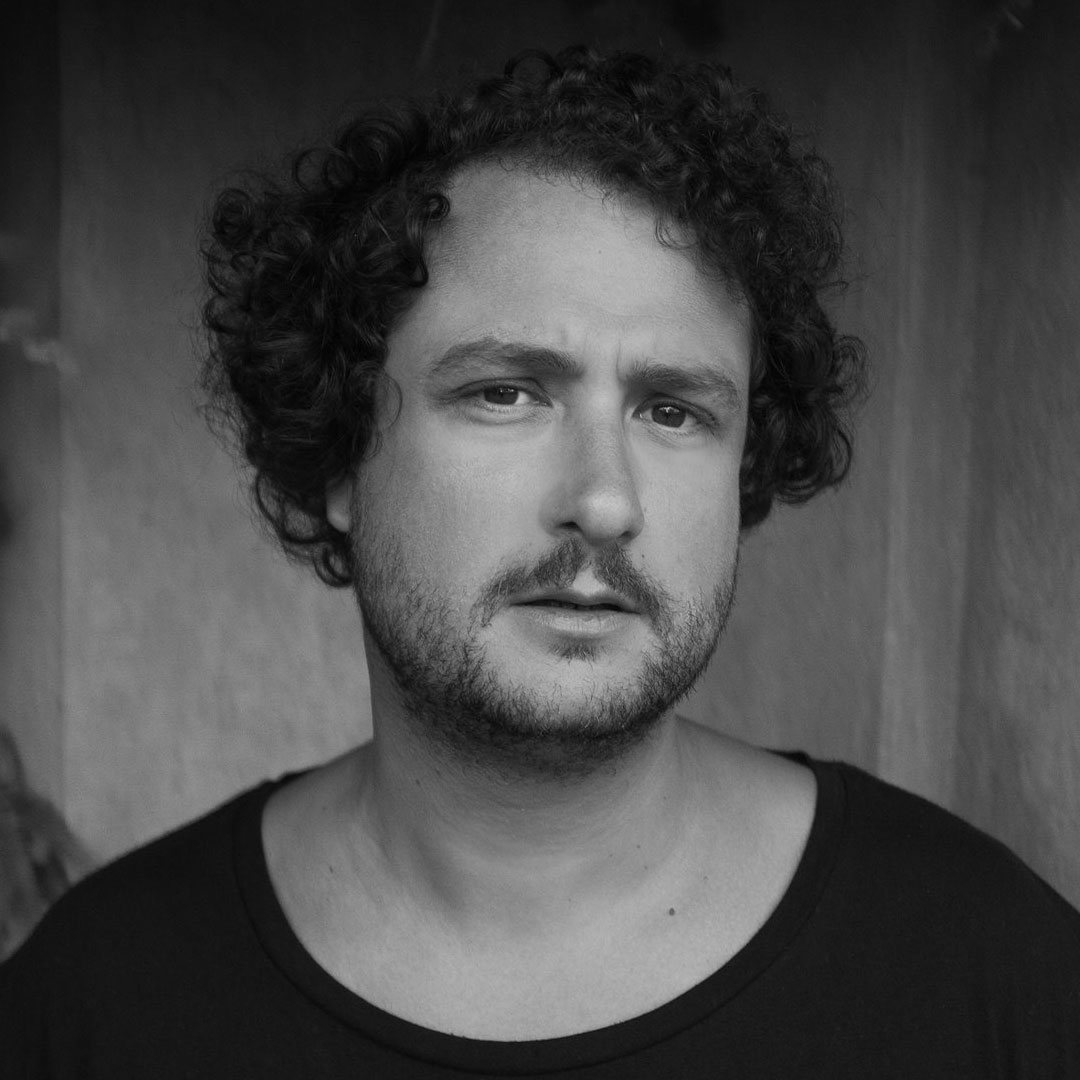Carl Craig
In 2014, Carl Craig began a new event concept ‘Detroit Love’, designed to bring together and support the sounds of Detroit and take a little of the techno brotherhood to clubs and festivals the world over. “My love for Detroit is my inspiration, my inspiration is ‘Detroit Love”, says Craig. Detroit Love launched at ADE 2014, in the underground recesses of Amsterdam’s North Sea Jazz club. Craig invited Detroit natives Recloose, Moodymann – who played a set encompassing disco, soul, house and hip-hop, and Mad Mike Banks to play keys over Carl Craig’s Moog infused 4-cd-deck closing set, which included live editing, sampling, scratching and looping of soundscapes ranging from ambient textures to masterful techno. A Detroit focused line-up, showcasing only a few of the sublime talent that Detroit has to offer, the launch was a special and unforgettable night for those who attended. Detroit Love continues to tour in select venues the world over, bringing the special Detroit magic wherever it goes, with standout shows in Detroit, Barcelona, Madrid, Berlin, Paris, NYC, LA, San Francisco, London and Ibiza.
The past few years have seen Carl expanding on his love for collaboration, overseeing a number of visionary performances with ensembles ranging from national orchestras to world-renowned classical pianists. Following the success of the Versus album in 2017 – a realisation of his joint project with pianist Francesco Tristano – he continues to explore the boundaries between techno and classical music with a series of innovative sonic experiments.
In 2018 he performed select pieces from Versus with the Polish National Radio Symphony Orchestra in Krakowice. Expanding on this, 2019 will see the project performed in its entirety at The Royal Albert Hall alongside The Chineke! Orchestra – Europe’s first majority BME orchestra, for a historic night of musical explorations.
Another collaboration in 2018 – this time with Argentinian synth group Klauss – resulted in a joint EP on Planet E, later remixed by DJ Deep & Traumer. Further releases on the iconic label include entries from Waajeed, the late Marcus Belgrave, Terrence Parker, Martin Buttrich and Jon Dixon, laying testament to Carl’s tried-and-tested curatorial skills. Applying this in a new context he launched the Detroit Love label that same year with a compilation mixed by Stacey Pullen, as a platform to accompany his event series of the same name. With showcases scheduled in venues across the globe, a residency on Worldwide FM and a second compilation due in May 2019, he continues to deliver impassioned tributes to his hometown with unparalleled dedication.
When Craig explains his philosophy, his wry sense of humor seeps into his explanations of far-reaching concepts that merge worlds together. “I have a very special career. When I feel that I’m tired of going on the road I can go in the studio. When I’m tired of concentrating on the studio I can go on the road. I can work with concert pianists, jazz musicians or rock guys. Very few people have that range of interests. Very few people juggle a career that they choose specifically.” No one else can pull it all together quite like Carl Craig.
Moodymann
Kenny Dixon Jr. aka Moodymann has emerged as one of Detroit’s most enigmatic and most successful house producers. Perfecting a unique blend of samples and original instrumentation KDJ’s music is different and original than typical house. Drenched in soul, funk and jazz KDJ gathers the full force of his musical influences and recontextualizes them within the house genre. His material ranges from the slow and moody to the up beat and energetic. Another quality label that keeps the spirit of good soulfull housemusic alive.
KDJ is Kenny Dixon jr – aka Moodyman.Moodyman combines classic soul and jazz
samples, low-slung bass in many of his tracks that always manage to create a captivating scope of sounds keeping you hooked in the groove from start to finish. This style of strong soul and blues-tinged tech house music is able to combine theoriginal disco sound with the more deeper approach to production that has been mo-re apparent with the producers of Detroit.
The production and musician skills that he retains put him in a class of his own with
many trying to mimic his style but not quite managing to reach the same emotion that is always apparent in his tracks. In his own words he best describes his music on the track ‘Radio’ from his 1998 album Mahogany Brown.. “I don’t make music for the masses to dance to, i make not one for taking the limelight but preferring the music to take the exposure and do the talking. He is also known to have quite a controversial political philosophy and racial agenda with some comparing his attitudes to that usually associated with Rappers and thus regarding him as an outspoken voice in the normally non-confrontational world of electronic dance music. But the roots of this resistant spirit of Dixon’s partisan-like thinking that drives him and other Detroit- born musicians to the city’s environment – was shaped by 1943 and 1967’s riots and their shattering aftermath.
The mysterious Moodymann began his production career in the early ’90s, and set up his independent label KDJ Records in 1994 with the first release being the Moody Trax EP and then following up with the great and now classic releases like “The Day We Lost the Soul” which is a tribute to one of KDJ’s hero’s Marvin Gaye. “I Can’t Kick This Feelin When It Hits”, “Don’t Be Misled”, “Forevernevermore”, “Dem Young Sconies EP”and many more..
Dixon is also part of the ‘3 Chairs’, a collaboration of three of Detroit’s heavyweight house producers – Theo Parrish, Kenny “Moodymann” Dixon Jr, and Rick Wilhite. These guys have been working together on many projects over the past few years and all sharing the ability to produce their unique Gritty Soul, Jazz, Blues sound.. In the late ’90s, they released for a pair of 12″s that were billed as 3 Chairs, with each track being credited individually – it was when Malik Pittman was added to the group in 2003 on the release “All Over”, they began crediting the tracks to the whole crew. This notion remains for their first album, also presented as a complete group release.
While he may frustrate people with his refusal to be interviewed and insistence on reminding people of the genre’s origins, it is a certainty that his music is ground braking, and the brilliance of his unique underground sound appeals to all ears weather they be Black, White, Yellow, the result is the same: soulful personal music from the heart.






